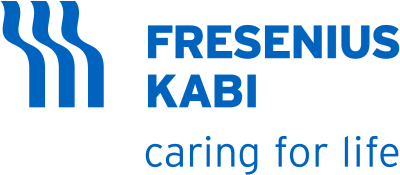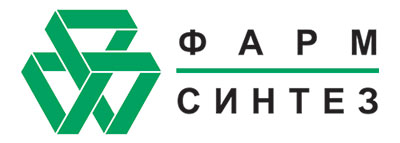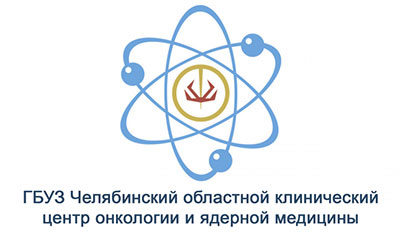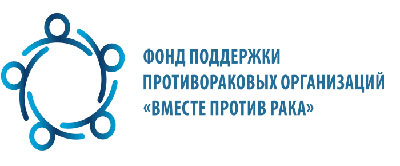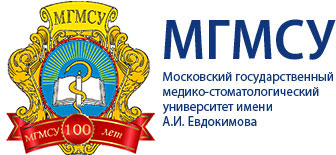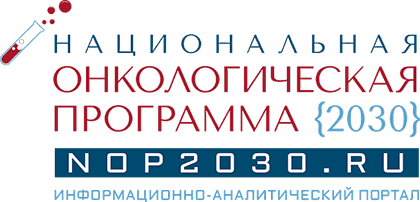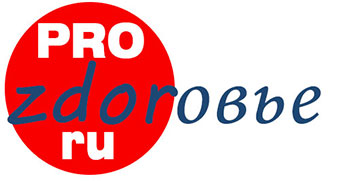A large-scale international conference dedicated to the problems of supportive care in oncology has been held for the first time in Russia under the auspices of the Society of Supportive Care in Oncology (RASSC) and the Multinational Association of Supportive Care in Cancer (MASCC).
An audience including approximately 500 unique members from different cities of Russia, Ukraine, Kazakhstan, Latvia, Australia, Israel, France, Switzerland, the Netherlands, and the USA joined the online conference.
Anton Snegovoy, President, the Society of Supportive Care in Oncology (RASSC), Eduard Vozny, Honorary Member, RASSC, Andrew Davies, President, the Multinational Association for Supportive Care in Cancer (MASCC), Matti Aapro, Past President, the Multinational Association for Supportive Care in Cancer (MASCC), and Rajesh Lalla, Immediate Past President, the Multinational Association for Supportive Care in Cancer (MASCC), greeted the forum participants. The experts reminded to the participants that supportive care is an absolutely irreplaceable component in modern oncology.
Different specialists are involved in the treatment and care of one patient; we have already got used to the phrase “a multidisciplinary team”. At the Best of MASCC the organizers tried to gather such a team on their site as oncologists, chemotherapists, surgeons and rehabilitation physicians, nutritionists, dermatologists, hepatologists, psychologists and psychiatrists have attended the conference.
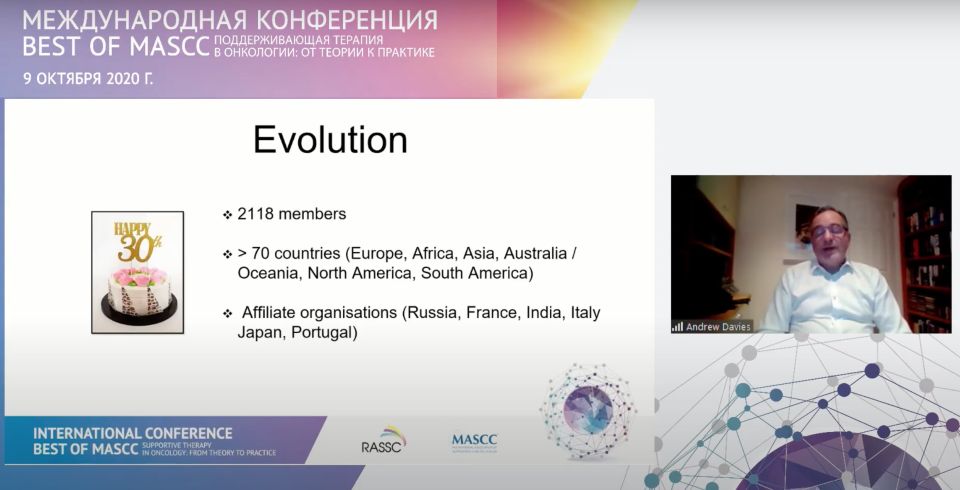
Security under control?
Personalized treatment is a definite breakthrough in oncology. But we can only dream of a therapy without side effects. Patients are faced with new adverse events, and doctors learn to deal with them.
Prof. Luis Costa (Lisbon) spoke about the treatment of metastatic breast cancer and pointed out that the assessment of the quality of life using appropriate questionnaires has become the standard of all modern research. He cited the example of the MONALEESA study that was focused on quality of life with Ribociclib. The results of the study showed both a longer life expectancy in patients with HR+/HER2 (the most common subtype of breast cancer) but also an improvement in their quality of life, including an analgesic effect and less fatigue in patients who received a CDK 4/6 inhibitor in combination with endocrine therapy, compared with patients who received only ET.
Prof. Snegovoy made a presentation on the PIK3CA biomarker. The PIK3CA gene mutation is a prognostic factor associated with an aggressive course of mBC and a decreased response to therapy. The presence of this mutation enables the choice of a PI3K inhibitor therapy. It is also a predictive factor for tolerance, which is rarely considered by oncologists. When prescribing PI3K inhibitors, prevention and monitoring of hyperglycemia and dermatological reactions are necessary.
Inessa Borisovna Kononenko, Senior Researcher, the Oncological Day Hospital (chemotherapeutic and surgical treatment), N. N. Blokhin National Medical Research Center of Oncology, shared her experience of using inhibitors of immune response checkpoints. “We have gained experience not only in treatment, but also in the correction of adverse events with immunotherapy. Much can be said about the efficacy of immunotherapy, but safety is no less important,” says the expert. “We had 39 patients with metastatic NSCLC, cancer of the vulva, stomach, cervix, uterus, ovaries, breast, and HCC in the day hospital department. The AEs that we had to deal with were muscle weakness, hepatitis, pneumonitis, manifestations of cardiotoxicity, diabetes mellitus, rash and itching”. The existing algorithms for correcting immune-mediated complications include symptom control, the treatment timely stopped or discontinued, use of immunosuppressive therapy and the control of complications, and careful monitoring of the patient. “But the AEs occurring during immunotherapy even with identical symptoms,” emphasized Kononenko, “requires an individual approach, and this is much more than indicated in the guidelines.”
Anna Valentinovna Michenko, Leading Researcher, Moscow Scientific and Practical Center for Dermatovenereology and Cosmetology, spoke of the possibilities of treating and preventing skin toxicity during therapy with EGFR inhibitors. Rash, including acne, skin itch, superinfections, cracks and eczema, paronychia, mucositis, stomatitis, conjunctivitis, and blepharitis are common side effects of EGFR inhibitors that directly affect the patients’ quality of life and can result in a dose reduction or discontinuation of therapy. The specialist pointed out that these events cannot be regarded as allergic reactions to the drugs, but rather as a class-mediated effect of targeted therapy. Moreover, the degree of dermatological toxicity is a marker of the efficacy of treatment. Anna Michenko offered as an example research data in the second line of mCRC therapy: OS, PFS, and the objective response is higher with skin toxicity levels > 2. The data from international studies indicates the benefits of prophylactic drug treatment (before drug administration) that reduces the severity of skin toxicity. Concomitant therapy is required throughout the entire period of treatment with EGFR inhibitors. Dose reduction or interruption in treatment is required much less often with adequate symptomatic therapy for skin toxicity.
Algorithms of addressing AEs of targeted therapy for melanoma with BRAF/MEK inhibitors were demonstrated by Prof. Konstantin Titov (Moscow Loginov State Budgetary Healthcare Institution). The researcher compared the quality of life with i-BRAF monotherapy and therapy using a combination of i-BRAF and i-MEK; he also compared the AEs with combined regimens of Dabrafenib + Trametinib and Vemurafenib + Cobimetinib. Konstantin Titov advised oncologists and chemotherapists to distribute brochures to patients and prepare them in advance for the appearance of unfortunate symptoms. Most AEs at the levels ≥3 are observed early in treatment; after the first cycle of treatment the number of AEs is significantly reduced. The expert mentioned pyrexia, manifestations of skin toxicity, diarrhea, arthralgia, and hypertension as most common AEs.
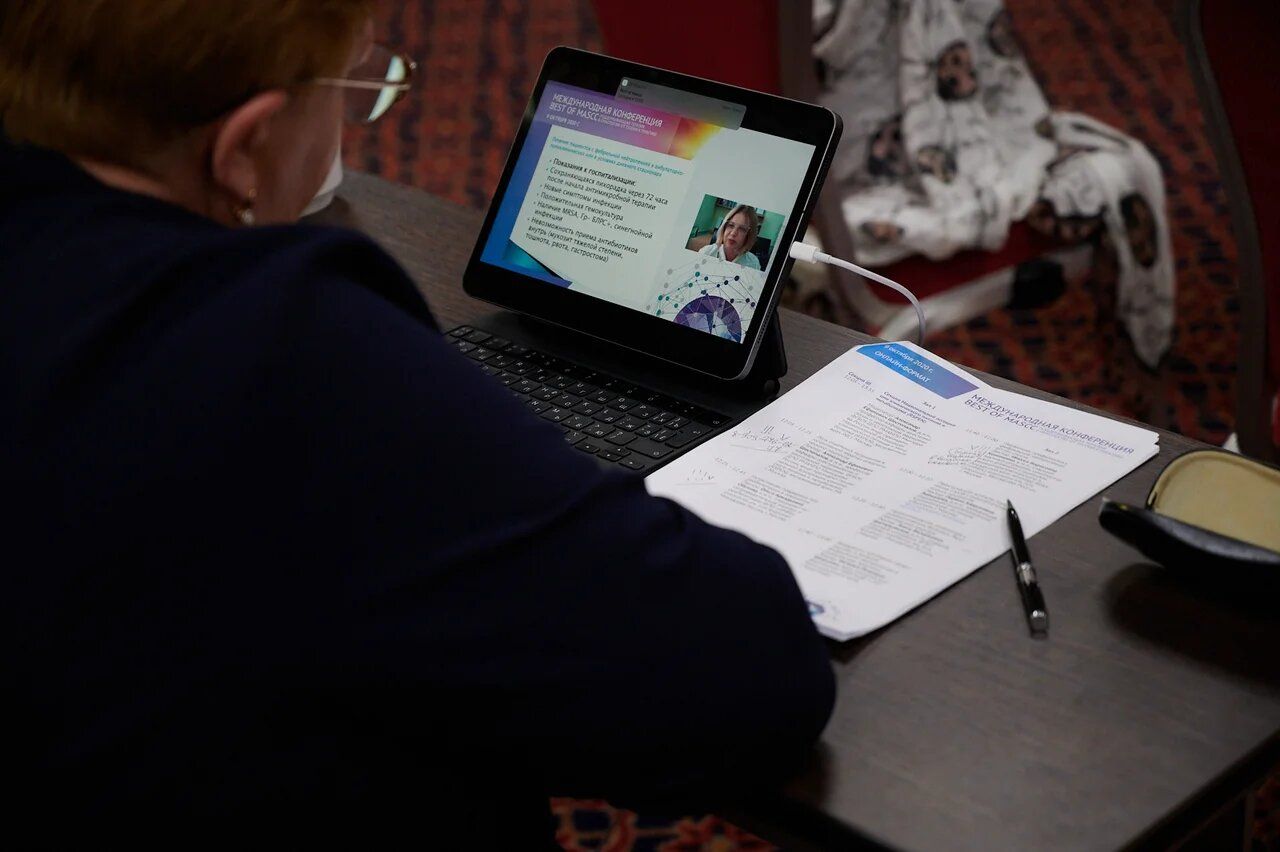
Antiemetic therapy in Russia and in the world
Matti Aapro, President-Elect, the European Cancer Organization (ECCO) (Switzerland), delivered a lecture on global trends in antiemetic therapy. He urged oncologists to adhere to guidelines on this issue, in particular, the MASCC/ESMO guidelines that include sections on antiemetic therapy even in the context of COVID-19. Matti Aapro pointed out that patients often fail to mention their symptoms as they consider nausea/vomiting an inevitable companion of chemotherapy. He also said that any previous vomiting will increase the risk of the next one. A wrong assessment of a patient’s condition and lack of compliance cause a deterioration in the response to the therapy. The Professor shared with the audience the results of the NERO study that had been demonstrated at the ASCO meeting this year and showed that until now, many oncologists still do not properly follow the guidelines.
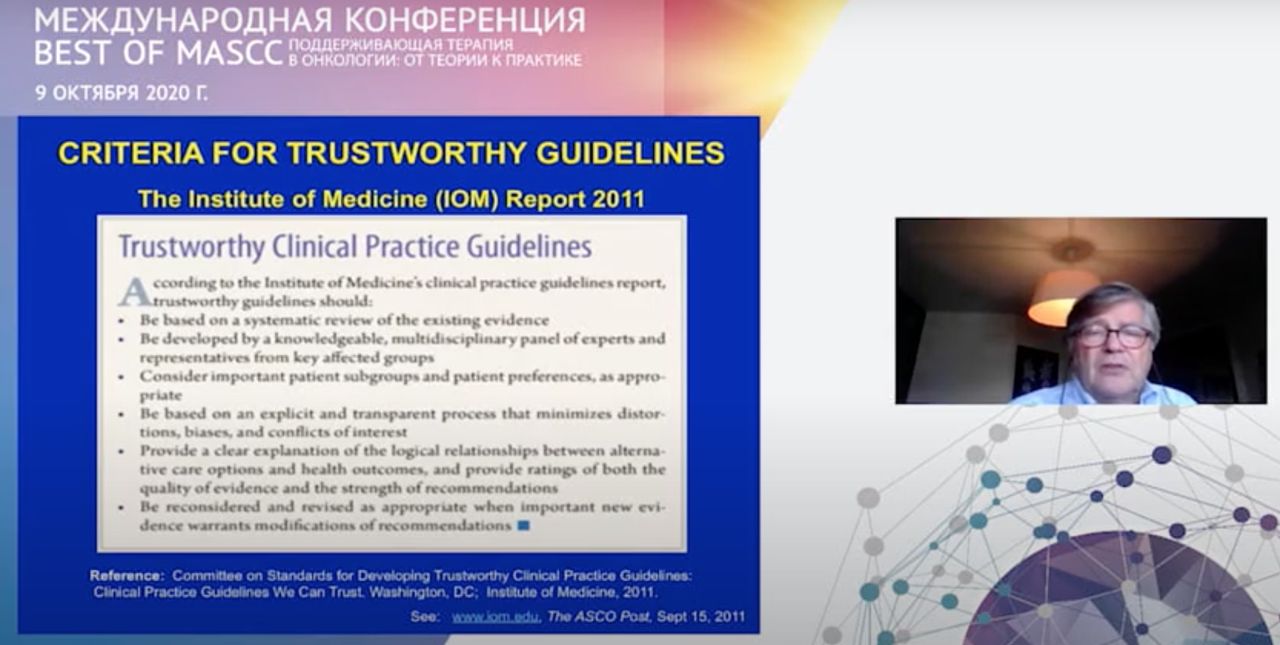
Prof. Anton Snegovoy mentioned a 2013-2015 project that included educational events in 14 Russian cities with mandatory testing of their participants regarding their knowledge of Russian guideline on supportive care. At that time, the tests showed extremely low levels of awareness among oncologists as only 3% out of 480 specialists gave correct answers to the questions on antiemetic therapy.
In his report "A Breakthrough in Antiemetogenic Therapy in Russia" Snegovoy talked of a combination drug that had entered the Russian market, which had been used by American and European doctors since 2014. Akynzeo is a combination of two drugs.
The first drug is palonosetron that blocks the receptors responsible for the immediate phase of nausea (it develops in the first 24 hours after the administration of the chemotherapy drug); the other drug is netupitant that blocks the NK1 receptors in the central nervous system that are responsible for the delayed phase of nausea and vomiting. New algorithms for antiemetic therapy are already available in the updated 4th edition of the Protocols of Clinical Practice Guidelines for Supportive Care in Oncology for 2020 that is annually published by RASSC. Experts believe that as new effective antiemetic drugs and regimens become available, prescribing errors will decrease and adherence to clinical guidelines will be enhanced.
The issues of anemia, cardiotoxicity, hepatotoxicity, nutritional support, psychological and psychiatric care, preservation of fertility in young patients, concomitant therapy in the era of COVID-19, as well as many other topics were discussed in detail at the Best of MASCC.
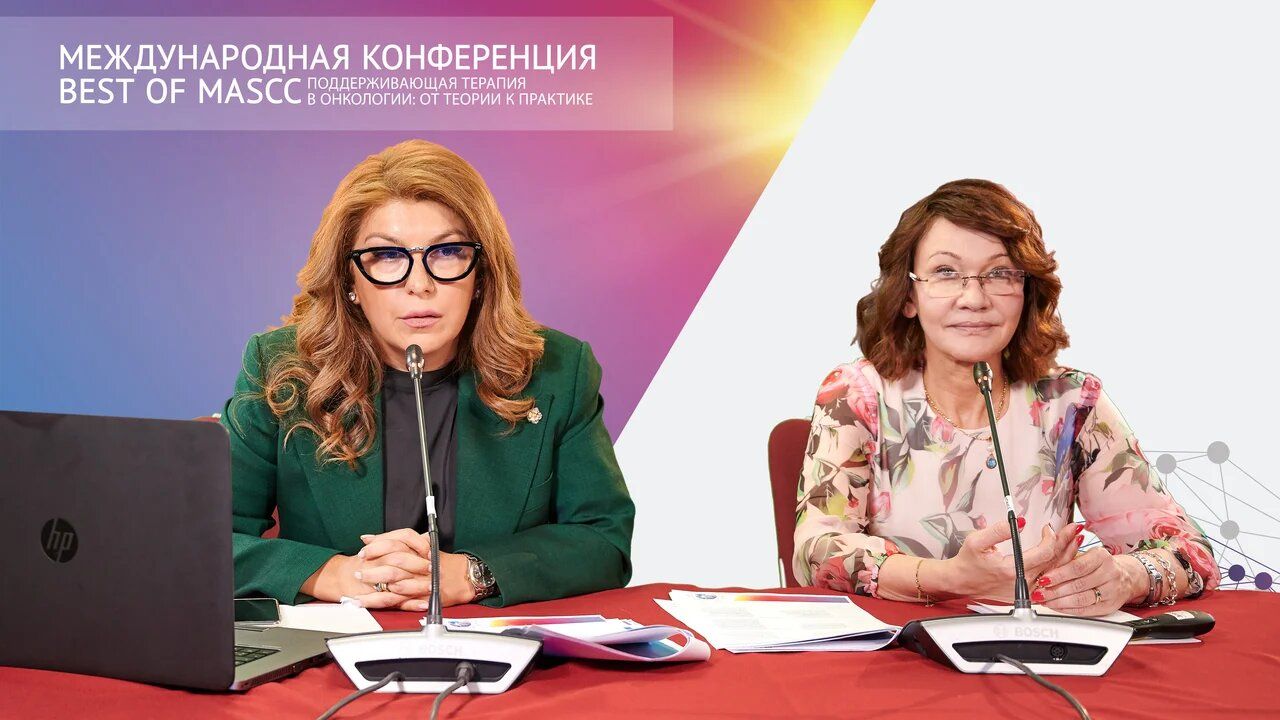
Please address any questions to This email address is being protected from spambots. You need JavaScript enabled to view it.






